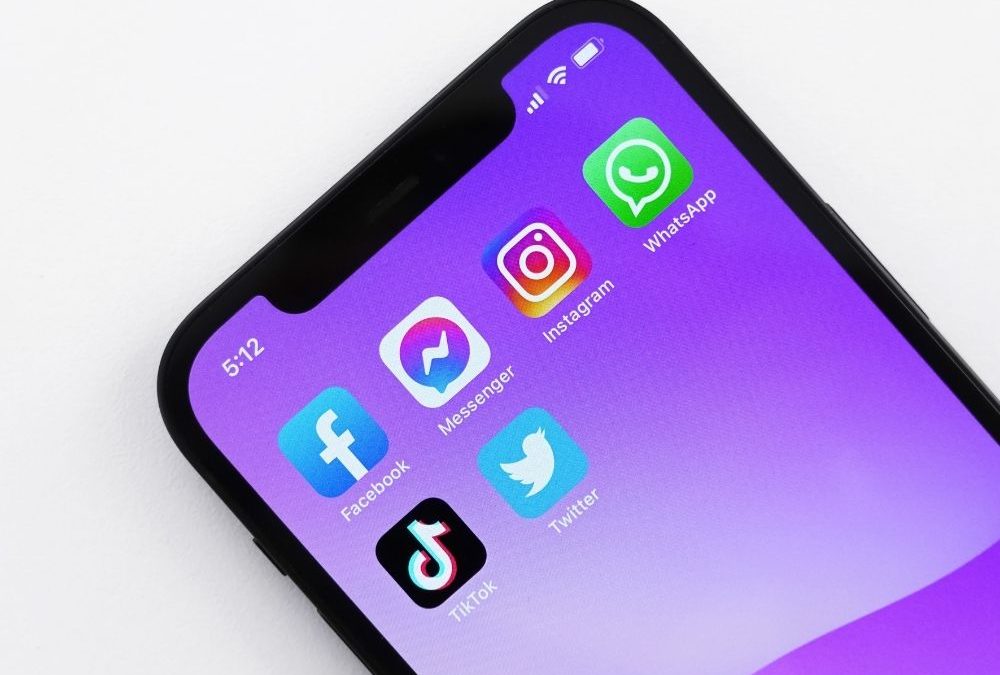In recent times, our access and use of technology have skyrocketed. You can do anything, not just from a computer, but from the palm of your hand when you are on the go. From our smartphones, we can Google the answers to almost all questions, we can check our calendars, we can buy and sell items, we can take and view high-resolution photos and videos, we can order food without speaking to anyone, and we can even schedule drivers to take us on trips. We can also communicate in new ways, as we do through social media sites like Facebook, Instagram, and Twitter, just to name a few. Social media has revolutionized how we interact with our families, friends, and even strangers. Many of us have become accustomed to sharing intimate details of our lives with these people, and for many of us, posting these details is an important part of our lives and can even be an emotional outlet. It makes sense that we would feel an impulse to post about a traumatic event like a car accident.
Resist the Urge to Post on Social Media After an Accident
We often want to post details about our accidents online. We might be tempted to post pictures or videos of our or the other people’s vehicles after accidents, and we might be tempted to post pictures or videos of our injuries. More importantly, it is likely that we will want to share our everyday experiences and adventures like we always do. We might post pictures or videos of us walking, running, exercising, or doing other strenuous activities in the days and weeks after the crash. All of these posts have the potential to damage our ability to pursue compensation for our losses, however.
Avoid Social Media After a Car Accident: Your Posts Can Be Used Against You
Insurance companies and attorneys will review your social media posts, to undermine your case and even deny your insurance claim. Even simple things, like spelling the name of a cross street incorrectly or mistaking the model or year of one of the vehicles, can make you seem like you are not credible in court. You might also post complaints or inflammatory comments about the accident or the other drivers involved. This can also undermine your credibility in court.
Insurance companies and attorneys will check your social media for posts that could show that your injuries from the accident are not as severe as you claim they are. This is why you definitely should not post about your injuries or your medical treatment. You also should not post about traveling or engaging in physical activity. After all, if you can take a road trip, go hiking, or go to the gym, it might seem like your injuries are not as bad as you claim they are.
What is Okay to Post After an Accident?
At the outset, starting just after your accident, it is best not to post anything at all to social media, to be safe. If you want to pursue a case for injuries sustained during your accident, then you should contact an experienced car accident attorney, like the ones at Griggs Injury Law. They will be able to tell you what you should and should not post online after your accident.


